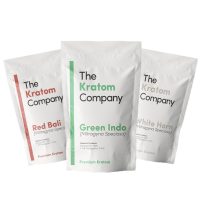Home » What We Can Learn From the New Research on Kratom

What We Can Learn From the New Research on Kratom
- Anthony Dent, Founding Member
- No Comments
Kratom has been receiving a lot of attention from researchers in recent years. Topics like the safety of kratom, the potential for abuse, and potential therapeutic benefits have been the subject of rigorous debate and exploration, and it can be confusing trying to separate fact from fiction. This is compounded by the fact that so much of the media coverage about kratom is negative.
If you’re looking to make sense of the research on kratom and understand the data more clearly, we recommend watching this eye-opening video lecture delivered by Dr. Christopher R. McCurdy, Professor of Medicinal Chemistry at the University of Florida. This hour-long NIH kratom lecture breaks down the findings of recent studies and outlines—in simple-to-understand terms—the facts, safety implications, and potential benefits of kratom.
A Summary of the NIH Kratom Lecture
Dr. McCurdy’s lecture focuses heavily on research on kratom and opioids, and more specifically the potential role of kratom in addressing opioid use disorders. Consider that more than 10% of people with opioid use disorders currently use kratom, compared to less than 1% of the general population. Since kratom interacts with the brain’s opioid receptors, some researchers believe that it may be able to function as an all-natural alternative to opioids.
Though more research on kratom is needed (and it’s still much too early to formally recommend kratom for any kind of clinical treatment), Dr. McCurdy believes that kratom may ultimately be instrumental in addressing the ongoing opioid epidemic.
Specifically, McCurdy notes that kratom may be able to aid in opioid detox. Since kratom acts on the same receptors as opioids like morphine and Oxycodone, it may help to reduce certain detox symptoms. In addition, McCurdy notes that kratom may have value for pain management, particularly in patients who rely on pharmaceutical drugs to treat pain.
And then, of course, there’s the issue of kratom’s safety. In the lecture, McCurdy emphasizes that “very few deaths are attributable to kratom.” He notes that deaths from pure-leaf kratom are rare and that more often, adverse reactions are caused by adulterated kratom.
This is why it’s so important to buy kratom online from reputable vendors who specialize in pure, unadulterated kratom.
Other noteworthy points from the NIH kratom lecture include the following:
- The dosage matters. At low doses, kratom appears to function as a stimulant. At higher doses, it may function as a natural pain reliever.
- The biggest challenge with conducting reliable clinical trials is the lack of a standardized product. With so many kratom strains, cultivars, and preparations (each with a different alkaloid profile), it can be difficult to glean consistent data—especially when adulterated kratom is thrown into the mix.
- Though a lot of the data focuses on mitragynine, researchers are starting to look more at lesser alkaloids like speciociliatine, which have potential therapeutic benefits of their own.
The Main Takeaways of the New Research on Kratom
None of the information in the lecture should be treated as medical advice or an endorsement of kratom for any type of medical treatment. However, the latest research on kratom should help to guide the conversation in a more positive direction. Despite the fears and confusion about kratom, the data is largely positive, and with additional research, it may ultimately prove hugely beneficial for society as a whole.
Featured Products
-
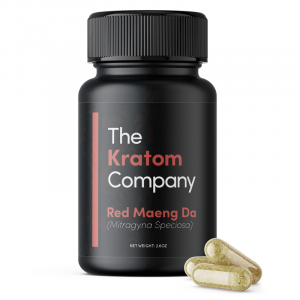 From $24.00Select options This product has multiple variants. The options may be chosen on the product page
From $24.00Select options This product has multiple variants. The options may be chosen on the product page -
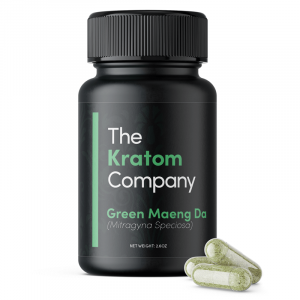 From $24.00Select options This product has multiple variants. The options may be chosen on the product page
From $24.00Select options This product has multiple variants. The options may be chosen on the product page -
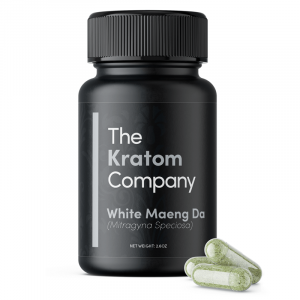 From $24.00Select options This product has multiple variants. The options may be chosen on the product page
From $24.00Select options This product has multiple variants. The options may be chosen on the product page
Explore More Posts
Product Search
Featured Products
-
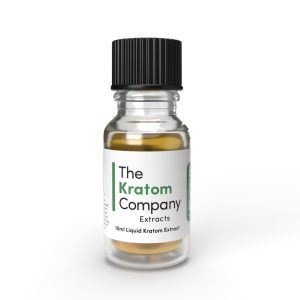 Pure Kratom Liquid Extract
Rated 4.72 out of 5From $20.00
Pure Kratom Liquid Extract
Rated 4.72 out of 5From $20.00 -
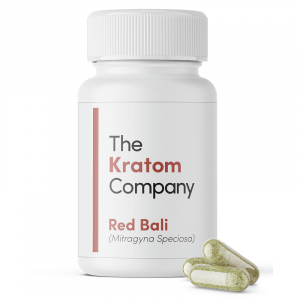 Red Vein Bali Kratom Capsules
Rated 4.70 out of 5From $24.00
Red Vein Bali Kratom Capsules
Rated 4.70 out of 5From $24.00 -
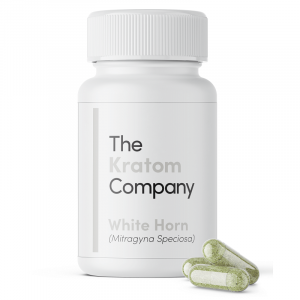 White Horn Kratom Capsules
Rated 4.88 out of 5From $24.00
White Horn Kratom Capsules
Rated 4.88 out of 5From $24.00
Recent Blogs
Follow Us
Strains
Blogs
NEWSLETTER
Sign up for our newsletter!

These statements and products presented on this website have not been evaluated by the Food and Drug Administration FDA. The products mentioned on this website are not intended to diagnose, prevent, treat or cure any diseases or health conditions. Therefore any information on this website is presented solely as the opinions of their respective authors who do not claim in any way shape or form to be medical professionals providing medical advice. The KRTM Company and its owners or employees cannot be held responsible for, and will not be liable for the inaccuracy or application of any information whatsoever herein provided. By purchasing our products you agree that you are aware and in compliance with your local county, state, or federal regulations. Must be 21 years or older to purchase Kratom. The US FDA has not approved kratom as a dietary supplement. We do not ship to the following states, cities and counties in the US where Kratom is banned: Alabama, Arkansas, Indiana, Rhode Island, Vermont, Wisconsin, Sarasota County, FL, Union County, MS, Denver, CO, San Diego, CA, and Jerseyville, IL.

